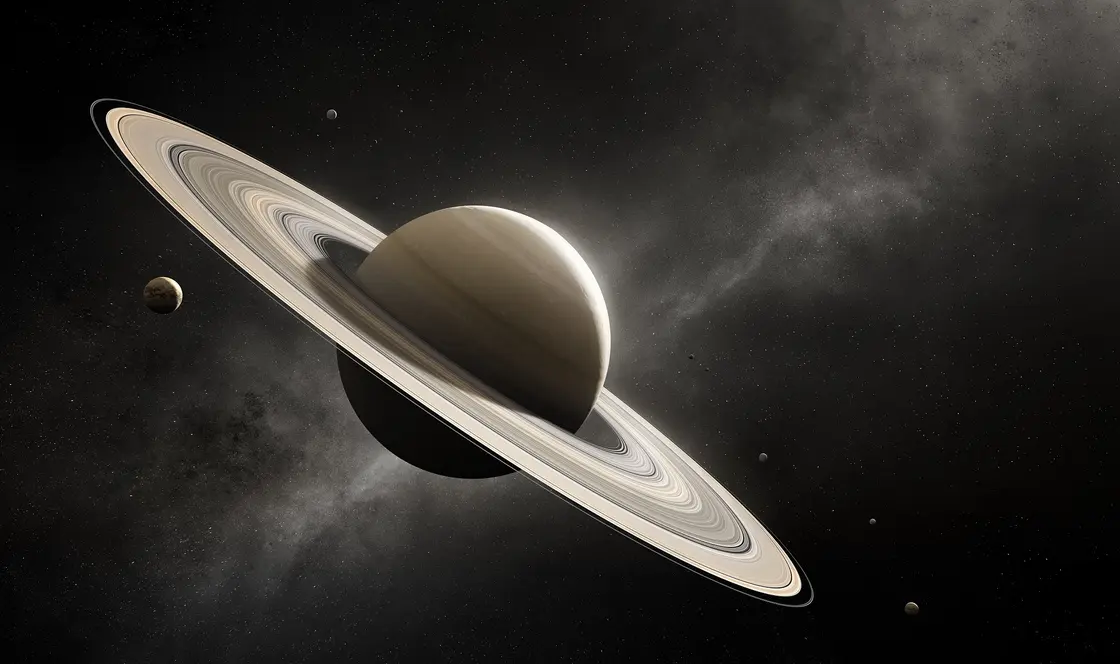Recent discoveries on Saturn’s icy moon, Enceladus, have reignited the scientific debate about the potential for life in our solar system. These findings, primarily from the Cassini probe’s mission, suggest a complex environment that could support life forms. Enceladus, a small moon invisible to the naked eye, is becoming a focal point in astrobiology.

Saturn's icy moon Enceladus
Key Discoveries
| Element | Description | Implications |
|---|---|---|
| Saltwater Ocean | A vast ocean beneath a thick ice layer | Supports complex chemical reactions |
| Organic Elements | Presence of salt, organic molecules, methane, and carbon dioxide | Indicates organic chemistry |
| Phosphorus | Detected in recent analysis | A critical element for life |
| Hydrogen Cyanide | Discovered by Harvard University team | Essential for more complex molecules like amino acids |
Significance of Discoveries
These elements, particularly hydrogen cyanide, indicate the potential for more complex organic chemistry. According to biophysicist Jonah Peter, this is crucial for the development of life-forming molecules such as amino acids or sugars. The detection of phosphorus last summer further cements this possibility.
Exciting news for the potential habitability of Enceladus! A study zooms in on Cassini mission data gathered at Saturn’s icy moon and finds confirming evidence of hydrogen cyanide, a molecule needed to spark life as we know it and a supercharged chemical energy source to fuel it. pic.twitter.com/5Q20v82vN0
— NASA Astrobiology: Exploring Life in the Universe (@NASAAstrobio) December 14, 2023
Environmental Conditions
Despite the harsh surface conditions with average temperatures around -200 degrees Celsius, scientists speculate that the ocean depths might be warmer, possibly harboring hydrothermal vents similar to Earth’s, which could provide necessary energy for life.
The Need for Further Exploration
The recent discoveries bolster the need for more precise exploration missions. Future missions by the European Space Agency and NASA, like the JUICE (Jupiter Icy moons Explorer) and Europa Clipper, are set to explore similar moons, but Enceladus demands renewed attention with more sophisticated instruments for deeper analysis.

While patience is required, as missions like Cassini took seven years to reach Saturn, the potential discovery of extraterrestrial life in our solar system makes this a pursuit worth waiting for. The Enceladus findings offer a tantalizing hint that we might not be alone in the universe.

